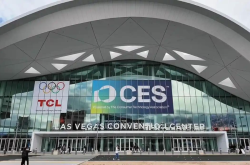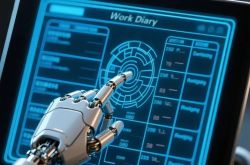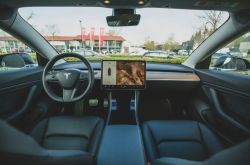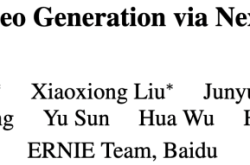Official Announcement of Pre-reorganization! JIYUE Automobile Secures New Investment to Stay Afloat—Is This Truly Its Comeback?
![]() 11/26 2025
11/26 2025
![]() 548
548
Will anyone genuinely step in to take over the reins?
On November 25, the official JIYUE WeChat account issued a pre-reorganization announcement, revealing that it had filed a pre-reorganization application with the Shanghai No.3 Intermediate People's Court, which was duly accepted on November 21.
Pre-reorganization does not equate to bankruptcy; rather, it entails the court's assistance in identifying a 'white knight' investor. This process aims to first clarify the company's debts and assets, thereby enhancing its appeal to potential investors. However, it's crucial not to harbor unrealistic optimism—this procedure essentially represents an 'ICU rescue' attempt before a complete collapse.
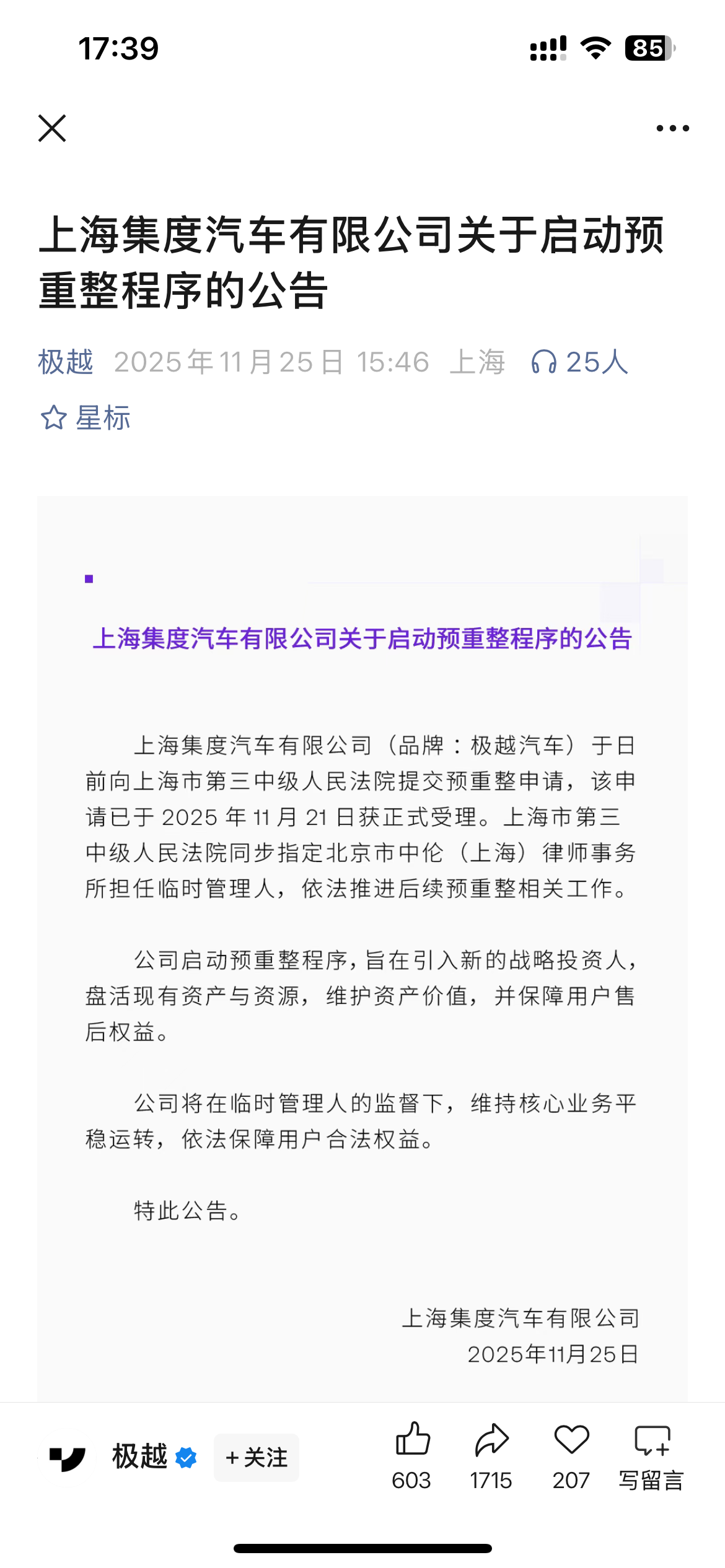
Image Source: WeChat
Despite the progress made, the news has left car owners feeling uneasy and anxious.
Although the announcement vowed to 'safeguard user after-sales rights,' the car owner community has been vocal in expressing their dissatisfaction: 'A car worth 300,000 yuan is now struggling to find buyers, even at a significant discount.' During live streams, even JIYUE dealership hosts were taken aback, directly inquiring, 'Is there any company interested in hiring me?' with no assurances regarding their wages.

Image Source: WeChat
JIYUE's downfall was not entirely unexpected; warning signs surfaced as early as last December when the company abruptly informed employees of an 'immediate dissolution,' offering only the options of resignation or unpaid leave, without any commitments. Subsequently, CEO Xia Yiping found himself surrounded by employees and suppliers, enduring days of intense negotiations.
Under immense pressure, Xia Yiping issued a lengthy apology, acknowledging that he had not 'run away' and reflecting on three major missteps: being overly optimistic about funding issues from a strategic standpoint, failing to effectively match personnel with their roles, and engaging in micromanagement. He particularly highlighted how his excessive focus on marketing had diverted attention from crucial financing and strategic priorities. The outcome was a board directive to drastically reduce the company's workforce to just 40-50 employees, effectively halting operations for what was once considered a 'rising star' in the automotive industry.
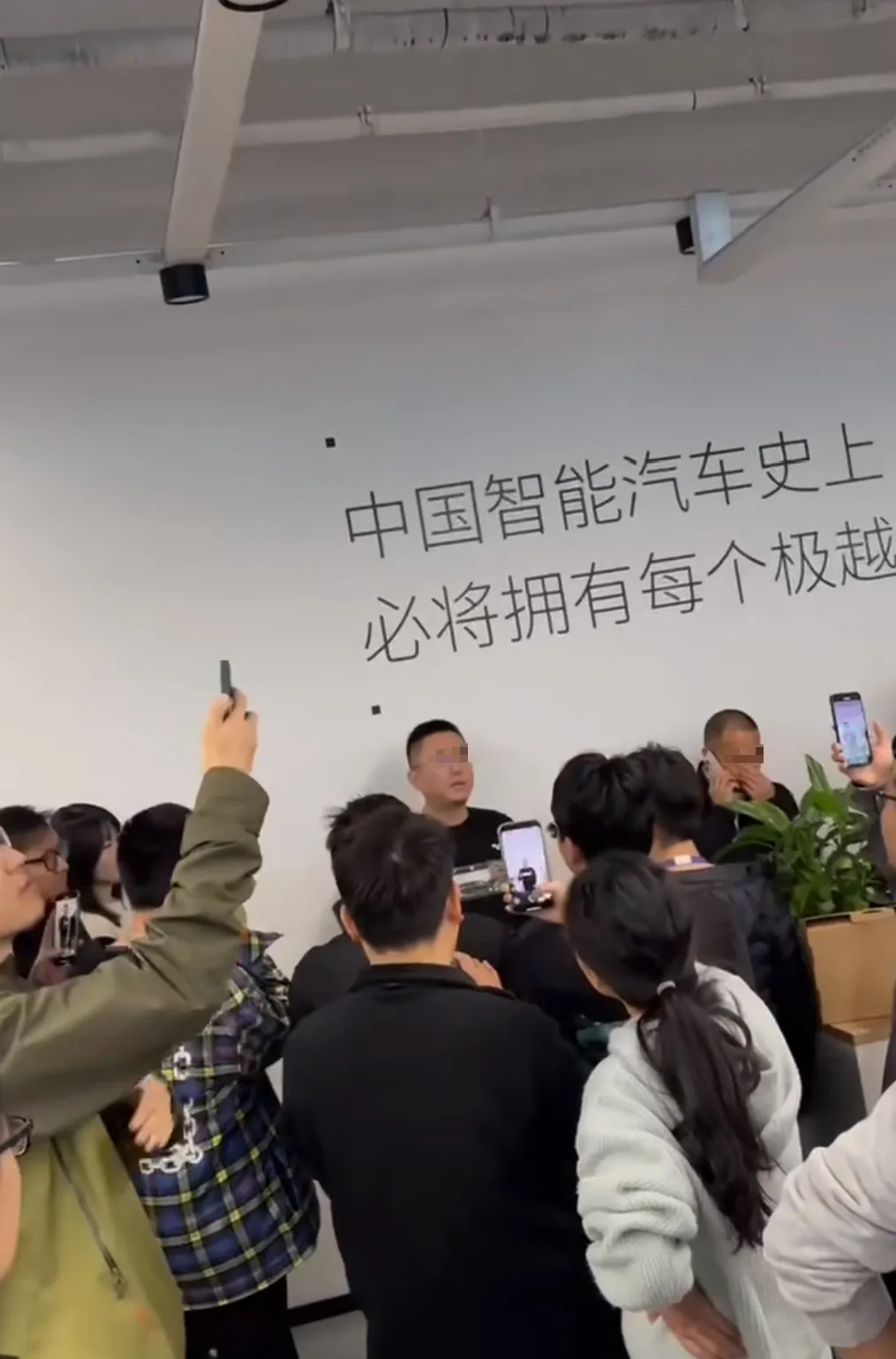
Image Source: Jiupai News
Recalling JIYUE's inception, it initially held a strong position: a collaboration between Baidu and Geely, with one providing intelligent driving technology and the other its manufacturing prowess.
Unfortunately, it later became ensnared in 'responsibility tugs' due to equity changes and production qualification issues—Baidu aimed to be merely a technology supplier, while Geely sought roles in both production and sales, resulting in neither party treating JIYUE as a true priority. With sluggish sales and inadequate revenue generation, shareholders eventually opted to 'cut off funding,' leaving JIYUE with no alternative but to pursue pre-reorganization.
From Xiao Lei's perspective, JIYUE's predicament is even more disheartening than those faced by WM Motor and HiPhi. Endowed with the best resources, it swiftly exited the market due to internal governance imbalances and strategic vacillations. This once again underscores that in the ruthless elimination race of new energy vehicles, having a strong background and advanced technology alone is insufficient—continuous financing capabilities, a clear division of responsibilities, and efficient operational management are all indispensable.
When automotive companies encounter difficulties, car owners are primarily concerned with several practical issues:
Will the infotainment system lose its internet connectivity? Will after-sales support remain accessible? Will spare parts continue to be supplied? Imagine if the infotainment system suddenly goes offline, rendering navigation and remote control functions obsolete, transforming the smart cockpit into a 'dumb iron box.' That would essentially mean paying for a smart car but ending up with a non-upgradable electric shell.
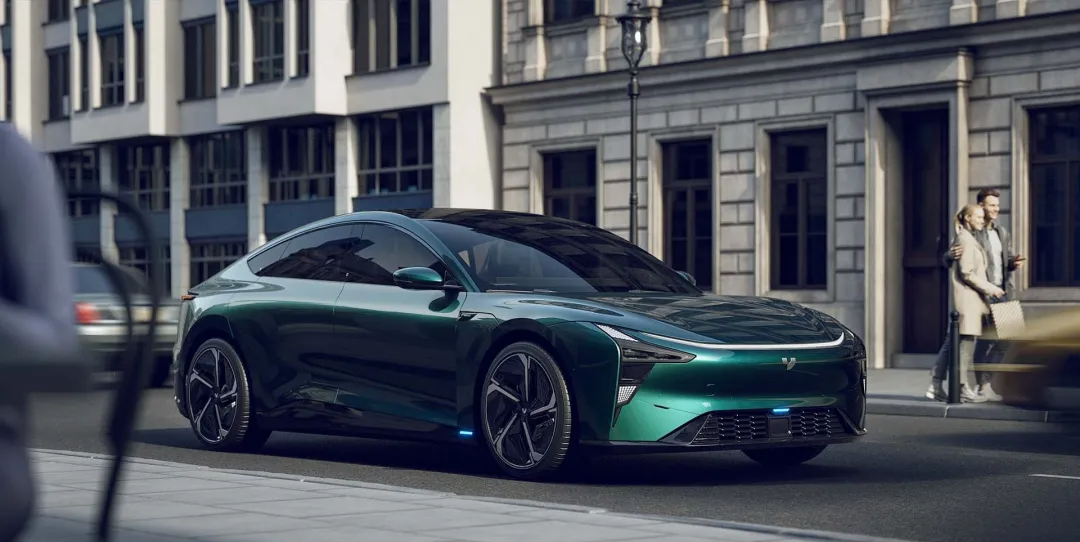
Image Source: WeChat
Fortunately, precedents offer some reassurance. The WM Motor bankruptcy case has been included as a reference case by the Supreme People's Court, with two principles highly favorable to car owners: first, automakers cannot shirk after-sales obligations on the grounds of bankruptcy; second, telematics service fees are recognized as 'common benefit debts' and must be given priority. This implies that even if JIYUE enters reorganization, there is still a possibility for the continuation of after-sales and connected services for car owners.
Xiao Lei believes that the new energy vehicle industry has long surpassed the era where mere storytelling could secure financing. Today, except for a few like BYD and Tesla, most automakers are still grappling with losses.
JIYUE still boasts commendable intelligent driving technology and automotive manufacturing foundations, with its Apollo system and SEA architecture earning recognition in the industry. If it can leverage pre-reorganization to attract truly committed and resourceful investors, there may still be a chance for revival.
Most crucially, with the WM Motor case serving as a precedent, JIYUE car owners no longer need to feel 'helpless and tearful' as before. Even if the automaker undergoes reorganization, core rights such as after-sales and infotainment connectivity are legally protected.
Otherwise, spending a substantial amount on a car only to suddenly lose after-sales support and internet connectivity would indeed be a heart-wrenching experience.
What are your thoughts on the possibility of JIYUE Automobile's revival? Share your opinions in the comments section.
Source: Leikeji
The images in this article are sourced from the 123RF licensed image library.


